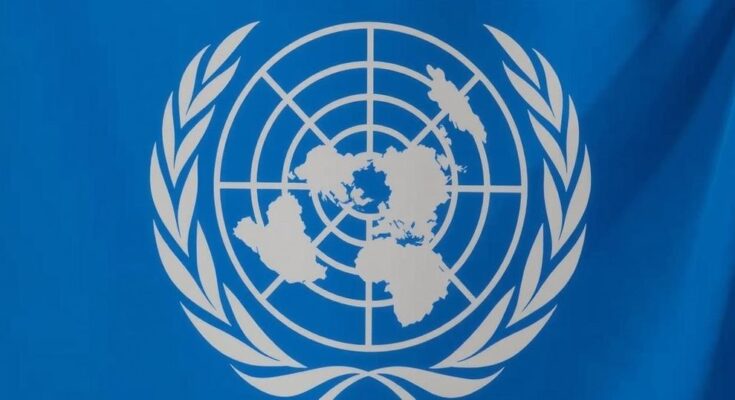Thai authorities are violating international law by deporting refugees to countries known for torture, risking their safety. As the UN Committee prepares to review Thailand’s conduct, the urgency for accountability grows. Despite legal obligations under the UN Convention against Torture, Thailand continues acts of refoulement that threaten human rights defenders and minorities.
Thai authorities are escalating risks for refugees and asylum seekers by forcibly sending them back to nations notorious for torture, including China and Myanmar. This troubling trend confronts international law as it violates the United Nations Convention against Torture, which Thailand ratified in 2007. With the UN Committee against Torture soon meeting to assess Thailand’s compliance, it is crucial for this body to confront the Thai government about its blatant disregard for these legal commitments. Reports from Human Rights Watch shed light on the past decade wherein Thailand has facilitated the illegal deportation of nationals seeking refuge, thereby creating a climate of fear for human rights advocates and persecuted minorities. Recent cases, like that of the Montagnard activist Y Quynh Bdap, exemplify the imminent danger faced by those at risk of torture if returned to their home countries. Currently, over 40 Uyghur Muslims remain detained, vulnerable to deportation to China, where the specter of torture and even execution looms ominously over them. The UN Committee should remind Thailand of its obligations noted in a recent report that emphasizes respect for the principle of non-refoulement, despite not being a party to the 1951 Refugee Convention. Moreover, questions regarding Thailand’s apparent neglect of its own 2023 Prevention and Suppression of Torture Act, which prohibits deportations under conditions of danger, are crucial. The Thai government must confront its claims of legality while such violations persist.
The Thai government’s actions concerning refugees and asylum seekers significantly undermine international human rights standards and expose vulnerable individuals to grave risks. The UN Convention against Torture, ratified by Thailand, mandates that states refrain from deporting individuals to countries where they might face severe human rights violations, such as torture. Despite these commitments, it has been reported that Thailand is increasingly involved in the unlawful expulsion of refugees, thereby eroding its stance as a safe haven for those fleeing persecution.
The spotlight is on the UN Committee against Torture to demand accountability from Thailand. As the global gaze sharpened on these human rights violations, it is imperative for Thailand to heed its obligations, ensuring that the legal framework it claims to uphold genuinely protects those in need. The plight of refugees and asylum seekers deserves urgent attention and action, echoing the fundamental principle that safety should not be a luxury but a right for all individuals escaping persecution.
Original Source: www.hrw.org



